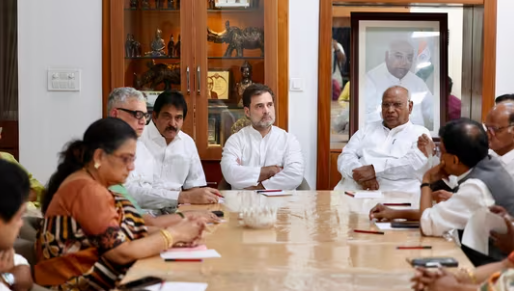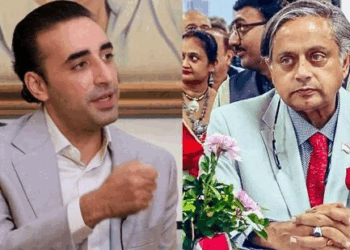Opposition parties have announced their intent to bring adjournment motions in both houses of Parliament to discuss the contentious National Eligibility cum Entrance Test (NEET). This move comes amid mounting pressure from students, parents, and educators who have raised numerous concerns about the fairness and efficacy of the medical entrance examination.
Leading opposition leaders from the Indian National Congress, the All India Trinamool Congress, and the Dravida Munnetra Kazhagam have jointly declared their stance, emphasizing the need for a thorough debate on the issue. They argue that the current format of NEET places undue stress on students and does not adequately account for disparities in educational resources across different regions.
“NEET, in its present form, is fundamentally flawed and discriminatory. It undermines the federal structure of our education system,” stated Rahul Gandhi, a prominent figure in the Congress party. “We demand a comprehensive review and a more inclusive approach that considers the diverse educational backgrounds of our students.”
The adjournment motions aim to halt regular parliamentary proceedings to facilitate an urgent discussion on NEET, reflecting the gravity of the issue. These motions require the approval of the Speaker in the Lok Sabha and the Chairman in the Rajya Sabha, both of whom will decide whether to allow the debate.
Student organizations across the country have welcomed the opposition’s initiative. “Our voices have been ignored for too long. We need our representatives to address the systemic issues within NEET,” said Arjun Mehta, a representative of the National Students’ Union of India.
Education experts have also weighed in, pointing to the need for reforms that address socio-economic and linguistic barriers faced by students from various states. “A one-size-fits-all exam like NEET cannot cater to the diverse educational landscape of India,” said Professor Shalini Reddy from Jawaharlal Nehru University.
The government, however, maintains that NEET is essential for maintaining a standardized and transparent admission process for medical courses across the country. Union Education Minister Dharmendra Pradhan stated, “NEET ensures merit-based admissions and prevents the exploitation of students through capitation fees.”
As Parliament gears up for a heated session, all eyes will be on the government’s response to the adjournment motions and the subsequent debate. The outcome could have far-reaching implications for the future of medical education in India.








 India
India












